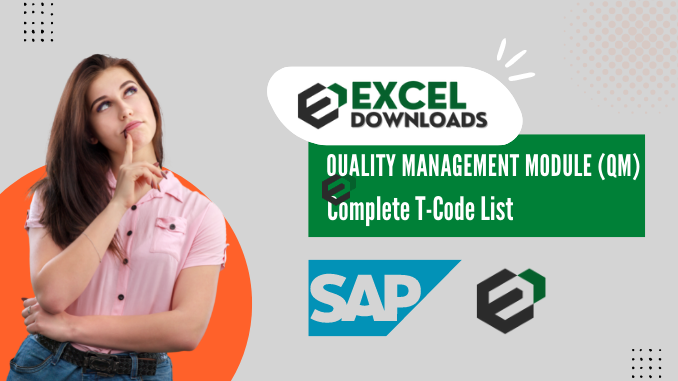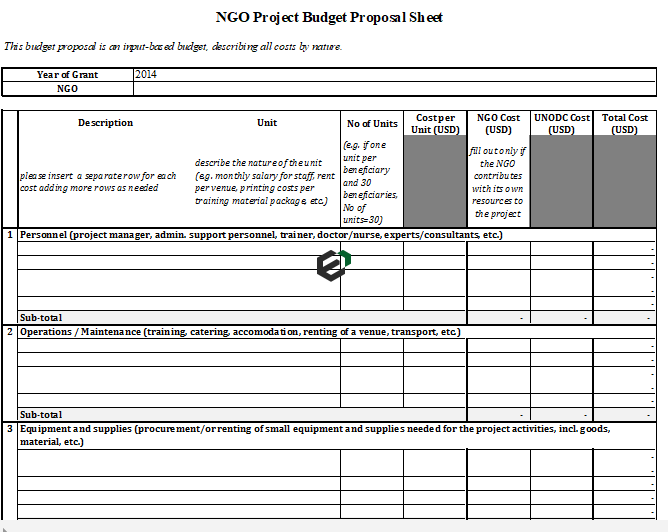SAP Quality Management (QM) is a component of SAP ERP Central Component (ECC) that helps businesses implement and run quality control processes. It is designed to prevent defects, enable continuous process improvement, and establish sustained quality control programs.
Purpose of Quality Management (QM) Module
With the functions of this component, you can implement the most important elements of a quality management system (QM system), as specified in ISO 9000. These functions are complemented by other integrated application components of the SAP system, such as Materials Management (MM) , Sales and Distribution (SD), and Production Planning (PP).
The integration of the QM application component in the SAP system allows quality management tasks to be combined with those in other applications (such as materials management, production, sales and distribution and cost accounting).
SAP QM is an integral part of several key business processes of SAP like material management, plant maintenance, production, procurement, sales, etc. SAP quality management is mainly used in logistic functions of SAP by integration with other components. SAP QM stands for SAP Quality Management. SAP QM is a key module of SAP ERP and can be used for following:
Quality Planning
- Basic master data for Quality Management
- Inspection planning using inspection plans of materials, which brings standardization of quality planning.
Quality Assurance
- SAP Quality inspection is performed through inspection lot processing. During this process quality results are captured, and usage decision is taken to accept or reject the inspection lot.
- Quality certificates of analysis
Quality Control
- In SAP QM Quality notifications the root cause analysis is done for the identified defect.
- SAP QM information system is where you can analyze various reports like vendor evaluation, a list of quality notification, quality charts, etc.
Business Processes in SAP QM
Here are the main business processes of SAP Quality Management module:
Quality Management in Procurement
SAP Quality Management is fully integrated with the purchasing and Inventory Management process. It consists of receiving inspection wherein material is received against the purchase order. Inspection lot is triggered if the material is flagged for quality check. Quality results are entered against master inspection characteristics. Whether the results are within/out of tolerance limits, based on that usage decision (accept/reject inspection lot) is taken.
Stock posting from quality to other stock categories needs to be done subsequently in SAP system.
Quality Management in Production
The SAP Quality Management is used to connect with the production and Inventory Management process. It describes “In process inspections” where inspection lot is triggered on production order release. In “inspection after production”, inspection lot is triggered after goods receipt is posted from production order.
“In process inspections” are not relevant to inventory whereas inspection after production involves stock posting from quality to other stock categories. This process describes inspection lot processing wherein quality results are entered against master inspection characteristics. Usage decision ( accept/reject) is taken depending on the quality results.
Quality Notifications
In this process, you can see how defects found during a quality inspection are analysed and captured in a SAP quality notification. Here, we do record the root cause analysis of the problems found during inspection to avoid its re-occurrence. For SAP QM in process inspections also, we can raise internal quality notification and record our problem analysis.
Benefits of SAP Quality Management
Now let us look into the benefits of having Quality Management Module in SAP in an organization –
- Quality integration with procurement and production and hence more control over the process.
- Planning support ( usage of inspection plans )
- Monitoring of vendor and customer complaints by implementing corrective tasks in SAP QM quality notifications.
- Automation of quality certificates which are printed during sales delivery to customers.





